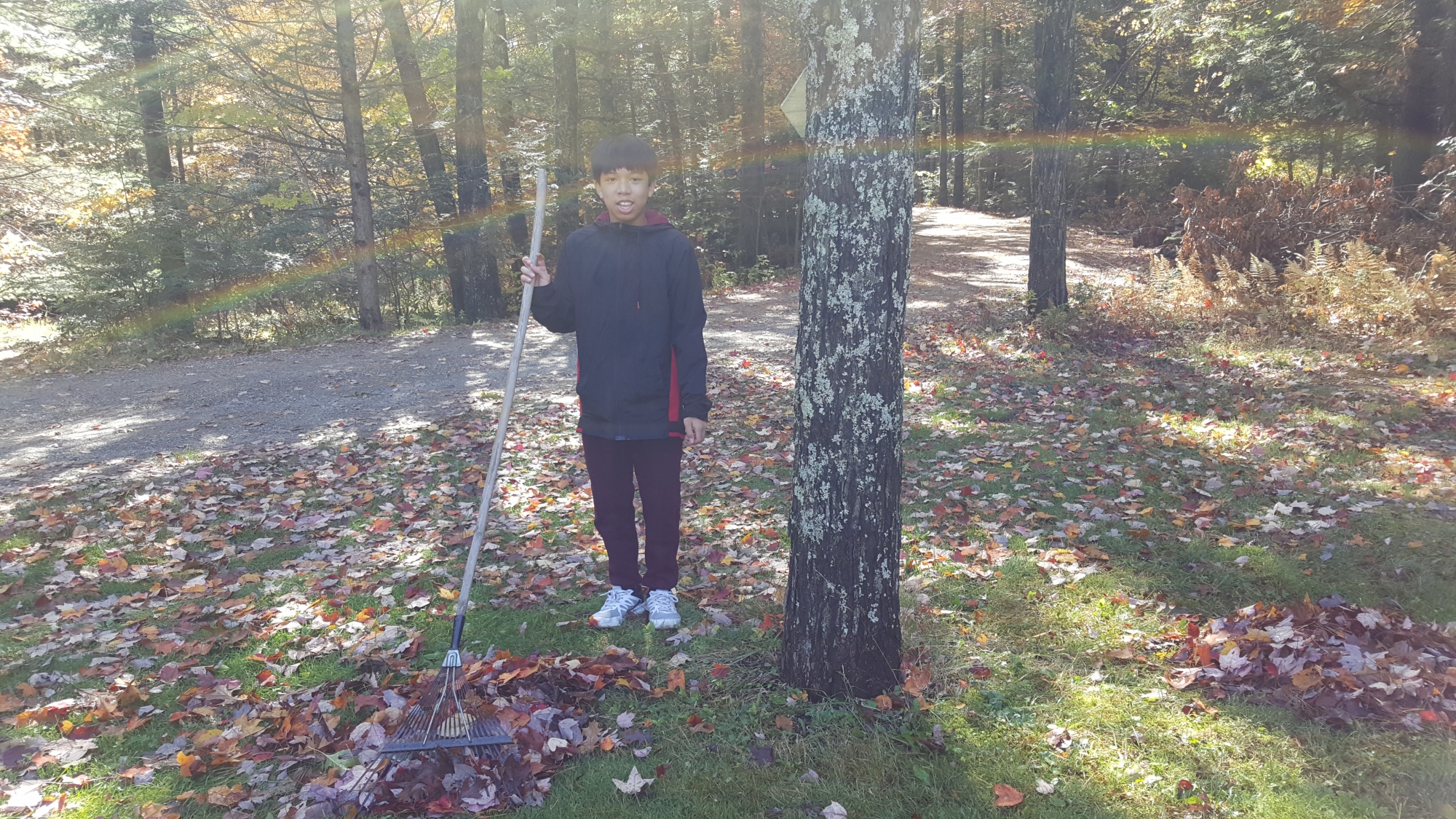-
Comment October 18, 2020
-
Doing what you know is right
Comment October 19, 2016 -
Every human being deserves respect
46 January 6, 2016 -
Respect Older People…
1 November 19, 2015
Elderly people are now who you will one day become. Respecting their wisdom, knowledge, grace and fortitude should come second nature to younger generations but it isn’t always the case. Sometimes we need reminding of why it is so important to respect our elders for what they have to impart to us that will help ease our journey through life. They should always be respected like you want them to respect you.
Be considerate of older people’s well-being. The reality of the human body is that it deteriorates as we age. Different people age differently, according to their genes, lifestyle choices and life’s experiences and so you will find some elderly are much fitter and daredevil than others who are forced to live with illness or medical conditions. It is only proper that fit and healthy younger generations show respect the reality of the human body’s growing frailty in ways that acknowledge the younger person’s ability to cope more easily with certain physical situations. For example:
- Stand when an older person needs a seat, be it on public transportation, in a waiting room or anywhere else. You have young, able legs and a need to stay fit by standing on them. And here is the respectful part––do it with grace, not because the person is older than you. Do it because they matter as a human being. In thinking this way, you’ll find your attitude shifts a great deal.
- Do not shout at an elderly person assuming that he or she is deaf or stupid. Being old doesn’t necessarily mean hard-of-hearing and it doesn’t mean they’re stupid. If anything, older people are much wiser than you, they’ve seen it all and some and have a few good tips for improving your way of living too.
- If driving an elderly person somewhere, don’t assume they want to be in the back seat. Ask them where they’d like to sit first. And be on hand to help them in and out of the car––the distance from the seat can be difficult sometimes for those with less strength in their bodies.
Source: wikiHow
-
You only have control over yourself
Comment August 23, 2015I learned the hard way that I cannot always count on others to respect my feelings, even if I respect theirs. Being a good person doesn’t guarantee that others will be good people. You only have control over yourself and how you choose to be a person. As for others, you can only choose to accept them or walk away. ~Author Unknown
-
Respect and love your parents
Comment August 23, 2015 -
Fundraising ceremony in Rhode Island
Comment August 17, 2015 -
Why should we respect and support our parents
Comment April 20, 2015by Bhikkhu T. Seelananda
Parents are the fountains of our lives. They are our precious gems. They are the sun and moon in our world, in our family. Father is the Sun and mother is the moon. As Buddhists, as well as grateful and faithful sons and daughters, we cannot think of a life without our parents.
As the Matchless Teacher, the Knower of the World, the Buddha has taught us that it is our bounden duty, a moral obligation to respect and support our parents unceasingly, especially when they reach old age, and when they are feeble or sick. If one does not support one’s parents in general or in the latter part of their lives in particular; he or she, according to Buddhism, is an ungrateful and uncivilized son or daughter. S/he is an outcaste. The Buddha declared this very clearly in the Wasala sutta, the Discourse on outcastes:
“Yo mātaram vā pitaram vā
jinnakam gata yobbanam
pahusanto na bharati
tam jaññā vasalo iti”.(Having much wealth, if one does not maintain, his/her parents; know that s/he is an outcaste).
On the contrary, in the Blessing discourse (Mangala Sutta), the Buddha said, “Mātā pitu upatthānam etam mangalam uttamam” means supporting parents is a great blessing. Having good parents, kind-hearted parents, is really a very great blessing to a family, a great fortune.
As Buddhists, whenever we get together and perform good deeds, meritorious deeds, never forget our parents we commemorate the great virtues of our parents. Specially we commemorate the departed parents affectionately and respect and support our parents while they are alive.
This is one of the strong Sri Lankan Buddhist traditions in which we respect and become more and more obedient to our parents. In general, we should honour, respect and revere our parents whenever possible. As instructed in the teaching of the Buddha we should respect our parents while they are with us and also after their demise. Intrinsically, we are always ready to listen to our parents. Though we have our own freedom, ideas, and opinions, we keep our parents as the guiding light of our lives. We know very well that without our parents we would not be here today; that is to be understood by all of us very clearly. Who paved the way for all of us to stand on our own two feet? Who sweat days and nights for us, who fed us, who gave us whatever we asked for; in brief, who worked like dogs, like Trojans to make us happy from our earliest days? There was none other than our parents. That is why we should repeatedly respect and support our parents.
We should respect and support our parents while they are alive. There are some people in our society who try to respect their parents only after their deaths. While they are alive, no one is there to support them and treat them. Sometimes, they die without a sip of water. But right after that the children start to cry and weep and going from place to place build many kinds of monuments spending thousands or millions in their names. But that helps them only a very little. They have gone for good. For the departed ones there is only a very narrow opportunity to receive merit. Therefore, better to do it while alive, today, right now, do your own merit by yourself.
We see some children who dislike looking after their parents strive to find some excuses saying that they have no time. But when we were little ones our mother or father did not seek such excuses. However, those who seek loopholes are not regarded as truly grateful sons and daughters. This is not the way that we should respect and support our humble and simple parents especially at the time in need. If we are mindful enough we can perform many kinds of meritorious deeds such as generosity, morality and meditation on behalf of our parents while they are still with us and also after their passing away. This is also one of the moral duties of the children. As the Buddha said, this will be certainly a great help for their samsāric journey.
If the departed ones have been reborn in a place where they can receive our merit, they will definitely receive it. Otherwise, it is not wasting still it’s yours. Anyhow, by the same token, we all should understand clearly that all those who die cannot receive merit as there are only a few states where beings can receive merit. However, again, that is beyond our consciousness. Whether or not they are ready to receive this merit, it is our duty that we share merit with them, whoever departed us.
Source: Bhavana Society
Link to this article













